🌿 What is Malaivembu Powder (Melia azedarach)?
Malaivembu, also known as Chinaberry or Bakayan, is a traditional medicinal herb widely used in Siddha and Ayurvedic systems. Derived from the leaves of the Melia azedarach tree, this powder is known for its therapeutic properties, particularly in treating fevers, skin conditions, and women’s health issues. It is distinct from the common neem (Azadirachta indica) but shares several medicinal benefits.
🌱 Description of Malaivembu Plant
-
Botanical Name: Melia azedarach
-
Family: Meliaceae
-
Plant Type: Deciduous tree
-
Height: Typically grows up to 7–15 meters (23–50 feet)
-
Leaves: Bipinnate leaves with serrated edges
-
Flowers: Fragrant, lilac-colored flowers in clusters
-
Fruits: Yellow, round drupes containing seeds
🌍 Habitat of Malaivembu
Malaivembu is native to the Indian subcontinent and Southeast Asia. It thrives in tropical and subtropical climates and is commonly found in India, including Tamil Nadu. The tree prefers well-drained soils and is often cultivated in home gardens and herbal farms.
🌟 Medicinal Properties of Malaivembu Powder
Malaivembu powder is renowned for its diverse therapeutic applications:
-
Antipyretic: Traditionally used to reduce fevers, including those associated with dengue and chickenpox.
-
Antimicrobial: Effective against various skin infections and conditions like eczema and ringworm.
-
Anthelmintic: Helps eliminate intestinal worms and parasites.
-
Women’s Health: Used in traditional medicine to address fertility issues and regulate menstrual cycles.
-
Anti-inflammatory: Reduces inflammation and is beneficial in treating rheumatism and joint pains.
-
Mosquito Repellent: Burning dried leaves is believed to repel mosquitoes naturally.
🧪 Active Compounds in Malaivembu
The therapeutic effects of Malaivembu are attributed to its rich phytochemical content:
-
Limonoids: Possess insecticidal and antimicrobial properties.
-
Flavonoids: Provide antioxidant benefits, protecting cells from oxidative stress.
-
Tannins: Exhibit astringent properties, aiding in wound healing.
-
Saponins: Contribute to the plant’s anti-inflammatory and immune-boosting effects.
🍵 Usage and Dosage
Malaivembu powder is primarily used in the following ways:
-
Decoction: Boil 5 grams of the powder in 200 ml of water until it reduces to 50 ml. Consume this twice daily to help manage fevers and boost immunity.
-
Paste: Mix the powder with water or coconut oil to form a paste. Apply to affected skin areas to treat infections or inflammations.
-
Infusion: For intestinal worms, mix 5 grams of the powder with honey and consume twice daily.
Note: Dosages may vary based on individual health conditions. It’s advisable to consult a qualified healthcare practitioner before starting any herbal regimen.
⚠️ Precautions
-
Pregnancy and Lactation: Consult a healthcare provider before use.
-
Allergies: Perform a patch test before topical application to rule out allergic reactions.
-
Quality Assurance: Ensure the powder is sourced from reputable suppliers and is free from contaminants.
🌿 Organic and Ethical Considerations
-
Purity: Opt for 100% pure Malaivembu powder without additives or preservatives.
-
Sourcing: Choose products that are organically cultivated and ethically harvested.
-
Certifications: Look for certified organic labels to ensure quality and sustainability.
🌿 Nutritional Profile of Malaivembu Powder
Recent analyses of Melia azedarach leaves indicate the following approximate nutritional composition per 100 grams:
Additionally, the leaves are rich in essential minerals:
These nutrients contribute to the plant’s therapeutic properties and support its use as a nutritional supplement.
🌟 Health Benefits
Malaivembu Powder is traditionally utilized for various health purposes:
-
Fever Management: Employed in traditional medicine to alleviate fevers, including those associated with dengue.
-
Skin Health: Applied topically to address skin conditions such as eczema and ringworm.
-
Digestive Aid: Used to combat intestinal worms and support digestive health.
-
Women’s Health: In traditional practices, it is used to address fertility issues and regulate menstrual cycles.
-
Anti-inflammatory: Applied to reduce inflammation and relieve joint pains.
-
Mosquito Repellent: Burning dried leaves is believed to repel mosquitoes naturally.
🍵 Recommended Usage and Dosage
Malaivembu Powder is primarily used in the following ways:
-
Decoction: Boil 5 grams of the powder in 200 ml of water until it reduces to 50 ml. Consume this twice daily to help manage fevers and boost immunity.
-
Paste: Mix the powder with water or coconut oil to form a paste. Apply to affected skin areas to treat infections or inflammations.
-
Infusion: For intestinal worms, mix 5 grams of the powder with honey and consume twice daily.
Note: Dosages may vary based on individual health conditions. It’s advisable to consult a qualified healthcare practitioner before starting any herbal regimen.
⚠️ Precautions
-
Pregnancy and Lactation: Consult a healthcare provider before use.
-
Allergies: Perform a patch test before topical application to rule out allergic reactions.
-
Quality Assurance: Ensure the powder is sourced from reputable suppliers and is free from contaminants.
🌿 Organic and Ethical Considerations
-
Purity: Opt for 100% pure Malaivembu powder without additives or preservatives.
-
Sourcing: Choose products that are organically cultivated and ethically harvested.
-
Certifications: Look for certified organic labels to ensure quality and sustainability.
🍵 How to Consume Malaivembu Powder
1. For General Wellness and Fever Management
-
Dosage: Mix 5 grams of Malaivembu Powder with 200 ml of water. Boil until the volume reduces to approximately 50 ml.
-
Administration: Consume this decoction twice daily on an empty stomach for up to 5 days.
-
Optional: To improve taste, you may add a natural sweetener like honey.
2. For Intestinal Worms
3. For Skin Conditions
-
Preparation: Create a paste by mixing the powder with water or coconut oil.
-
Application: Apply the paste to the affected skin areas.
-
Duration: Leave it on for 30–60 minutes before washing off.
Note: It’s advisable to consult a qualified healthcare practitioner before starting any herbal regimen, especially if you have underlying health conditions or are pregnant or breastfeeding.
🧴 How to Use Malaivembu Powder
-
Topical Application: The paste can be applied to the skin to address issues like eczema, ringworm, and other skin ailments.
-
Mosquito Repellent: Burning dried Malaivembu leaves is believed to repel mosquitoes naturally.
📦 How to Store Malaivembu Powder
-
Container: Store the powder in an airtight container to protect it from moisture and contaminants.
-
Environment: Keep it in a cool, dry place away from direct sunlight.
-
Shelf Life: When stored properly, Malaivembu Powder can have a shelf life of up to 12 months.
Tip: Avoid storing the powder in areas with high humidity, such as near stoves or in bathrooms, to maintain its potency.
⚠️ Precautions
-
Pregnancy and Lactation: Consult a healthcare provider before use.
-
Allergies: Perform a patch test before topical application to rule out allergic reactions.
-
Quality Assurance: Ensure the powder is sourced from reputable suppliers and is free from contaminants.


 SCIENTIFICALLY TESTED & COMPLETELY SAFE. SUITABLE FOR VEGETARIANS. NOT TESTED ON ANIMALS/NO ANIMAL INGREDIENTS. NO KNOWN SIDE EFFECTS. COMPLETELY SAFE. NON-TOXIC. FREE FROM HEAVY METALS
SCIENTIFICALLY TESTED & COMPLETELY SAFE. SUITABLE FOR VEGETARIANS. NOT TESTED ON ANIMALS/NO ANIMAL INGREDIENTS. NO KNOWN SIDE EFFECTS. COMPLETELY SAFE. NON-TOXIC. FREE FROM HEAVY METALS 

 The Food and Drug Administration has not evaluated these Statements. This product is classified as an “Herbal Food Supplement” and is not designed to diagnose, treat, cure, or prevent any disease. If you have any underlying health conditions, please consult a healthcare professional before using this product
The Food and Drug Administration has not evaluated these Statements. This product is classified as an “Herbal Food Supplement” and is not designed to diagnose, treat, cure, or prevent any disease. If you have any underlying health conditions, please consult a healthcare professional before using this product 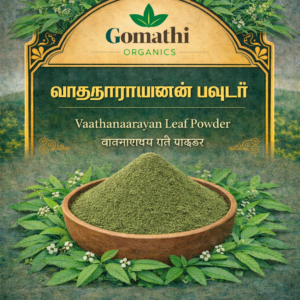
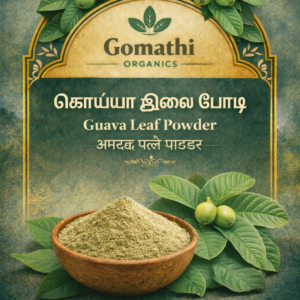
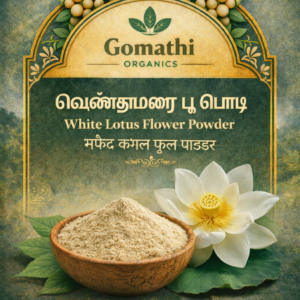
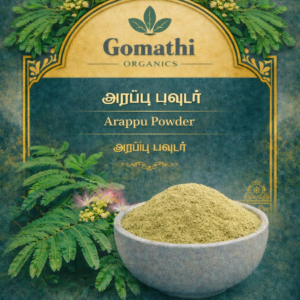

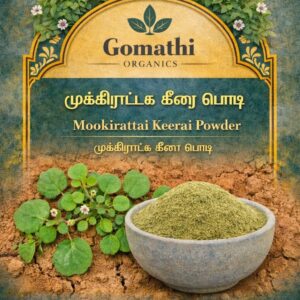
Reviews
There are no reviews yet.